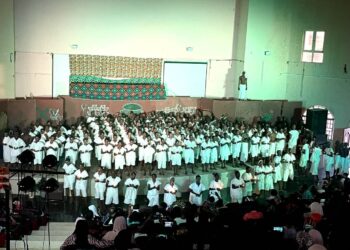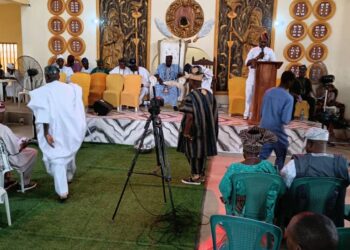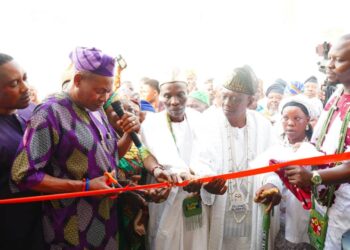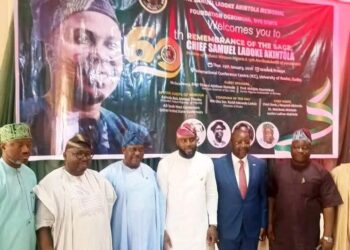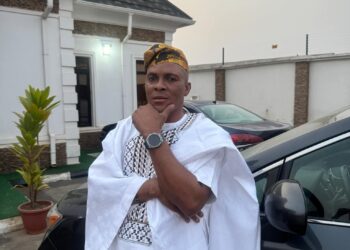Minister of Aviation and Aerospace Development, Festus Keyamo, has cautioned that the newly formed opposition coalition risks alienating the support base of former Labour Party presidential candidate, Mr. Peter Obi, if it fails to present him as its presidential candidate for the 2027 elections.
Keyamo made the remark while reacting to the coalition’s decision to adopt the African Democratic Congress (ADC) as its new political platform, describing the move as one that ultimately strengthens the ruling All Progressives Congress (APC).

According to him, the formal adoption of ADC implies a legal and political severance from the coalition members’ former parties, which, he argued, could disqualify them from participating in future elections if they continue to associate with multiple political affiliations.
The Minister further described the formation of the ADC-led alliance as the effective collapse of the Peoples Democratic Party (PDP), stating that the old power brokers within the PDP have now been edged out by younger politicians. He said the current coalition merely represents a gathering of former PDP stalwarts attempting to regain political relevance.
Keyamo alleged that the coalition is largely a vehicle for former Vice President Atiku Abubakar to relaunch his presidential ambition, branding the alliance as “Atiku’s show simpliciter.” He added that the appointment of former Senate President David Mark as interim Chairman of ADC reinforces this claim.
He also downplayed the defection of a few APC members into the coalition, noting that most of them either opposed President Bola Tinubu during the 2023 election or failed to win their constituencies. He maintained that their exit is not only inconsequential but beneficial to the APC, as it helps purge the ruling party of internal opposition.
Keyamo expressed strong concerns about the role of Peter Obi in the coalition, alleging that the coalition leaders seek to capitalize on Obi’s popularity without granting him a meaningful leadership role.
“The person who the old, cunning guards want to take for a ride in all of this is Peter Obi. They want his votes, but don’t want to give him the Presidential ticket because this is Atiku’s show simpliciter,” Keyamo said. “But if you do not give Peter Obi the Presidential ticket, you lose his supporters. It’s as simple as that. How can you make someone who won two regions in the last election—South-East and South-South—a running mate to someone who won only one region?”
The coalition’s decision to adopt ADC as its official platform was finalized during a strategic meeting of opposition leaders held in Abuja on Tuesday. The meeting ended months of speculation surrounding their preferred political vehicle ahead of the 2027 general election.
Key appointments from the meeting include David Mark as interim National Chairman and former Osun State Governor Rauf Aregbesola as interim National Secretary of ADC.
The coalition is said to comprise key opposition figures including Atiku Abubakar, Nasir El-Rufai, Peter Obi, and Rotimi Amaechi, all of whom are expected to play critical roles in challenging President Tinubu’s re-election bid.
You can get every of our news as soon as they drop on WhatsApp ...To get all news updates, Join our WhatsApp Group (Click Here)



